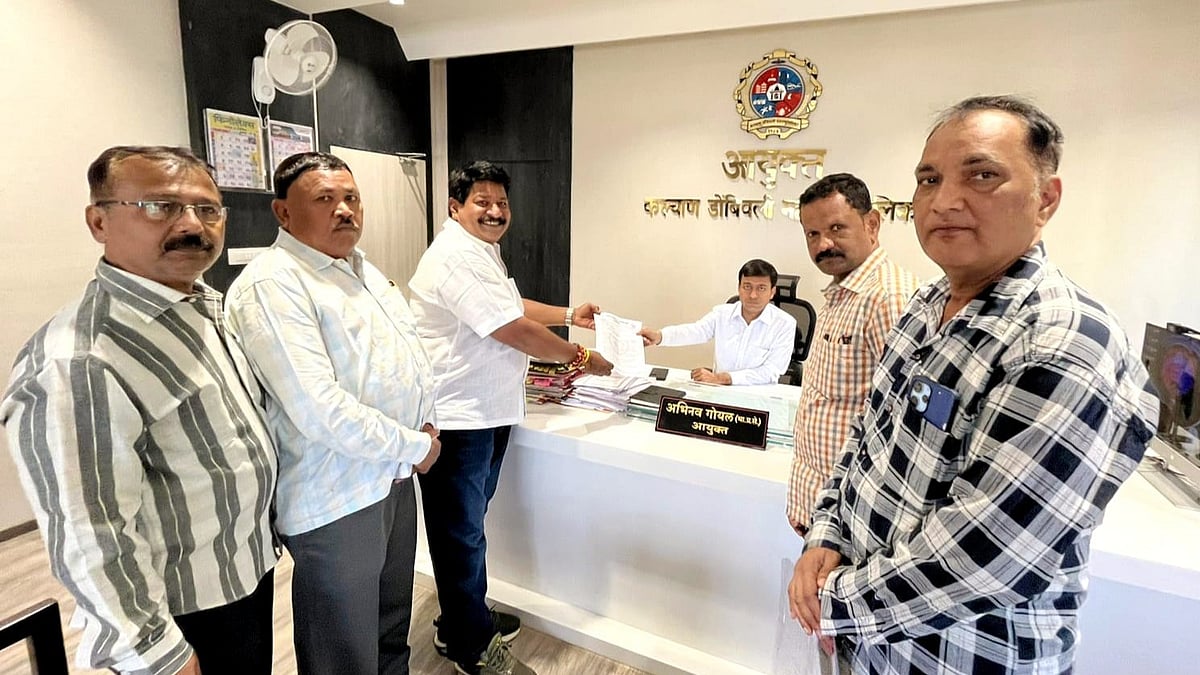New Delhi: The National Association of Software and Services Companies (Nasscom) on Monday said differential pricing of data should not become a tool that facilitates market dominance or enables anti-competitive behaviour by either telecom service provider or platform provider.
“Differential pricing should not become a tool that facilitates market dominance or enables anti-competitive behaviour by either TSP or platform provider. It should not offer direct or indirect commercial benefit including leveraging the value of customer data generated in the process,” Sanjiv Bikhchandani, chairman of the NASSCOM Internet Council, said.
“Further it should not offer lower prices for own or partner content or service. Instead of differential pricing for select data services for wide access, transparent business models should be adopted without segmenting the internet or skewing competition,” he added.
“We reiterate our firm commitment to net neutrality that guarantees users rights to unfettered choice of content and to the creation of a conducive environment for continuous innovation,” said NASSCOM president R. Chandrashekhar.
“We strongly oppose any model where TSPs or their partners have a say or discretion in choosing content that is made available at favourable rates, speed,” Chandrashekhar said.
The regulator on December 9 said differential pricing of data services by various operators might potentially go against the principle of non-discriminatory tariff and sought comments or opinions from stakeholders.
It said some service providers were offering differential data tariff, either free or discounted, on certain contents of particular websites, applications or platforms.
“The objective of offering such schemes is claimed to be the desire of various service/content/platform providers to enable consumers, especially the poor, to access certain content on the internet free of charge,” the sector regulator said.
It said potentially, both positive and negative effects arise from an economic and regulatory perspective where reduced rates are tied to specific content.
“On the one hand, it appears to make overall internet access more affordable by reducing costs of certain types of content. On the other hand, several negative effects might ensue. Differential tariffs result in classification of subscribers based on the content they want to access. This may potentially go against the principle of non-discriminatory tariff,” it added.




